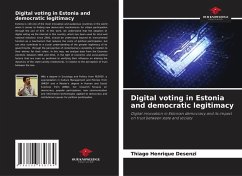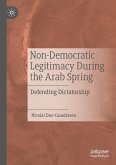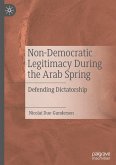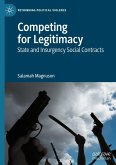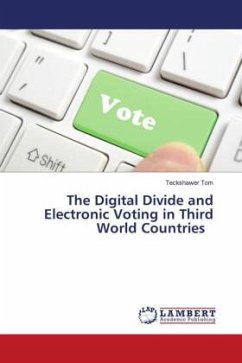Estonia is still one of the most innovative and audacious countries in the world when it comes to finding new democratic mechanisms for citizen participation through the use of ICTs. In this work, we understand that the adoption of digital voting via the Internet in this country, which has been used for local and national elections since 2005, should be understood beyond its instrumental function as a mechanism that reduces the costs of political participation, but can also contribute to a social understanding of the greater legitimacy of its governments, through the perspective of contemporary sociability in relation to their wishes for their rulers. In this way, we analyze data from the Estonian elections between 2005 and 2011, in the light of economic and socio-political factors that are seen as pertinent to verifying their influence on altering the dynamics of the state-society relationship, in relation to the perception of trust between the two.
Bitte wählen Sie Ihr Anliegen aus.
Rechnungen
Retourenschein anfordern
Bestellstatus
Storno

